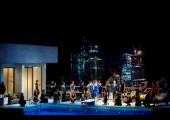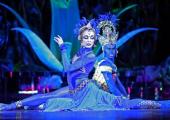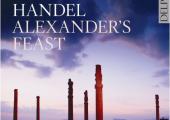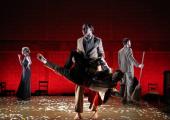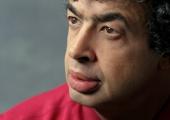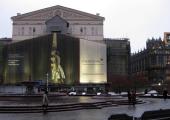How I Ended This Summer

A cool relationship becomes cold confrontation in an arctic Russian thriller
If ever there’s a film where the landscape itself seems to become a main character, it’s Alexei Popogrebsky’s How I Ended This Summer. Action, such as it is, unfolds in the remotest Arctic regions of Russia’s Far East, where the personal conflict between the film’s two protagonists develops as they come to understand the nature of their different conflicts with the looming mountains and rough seascapes by which they are isolated.

